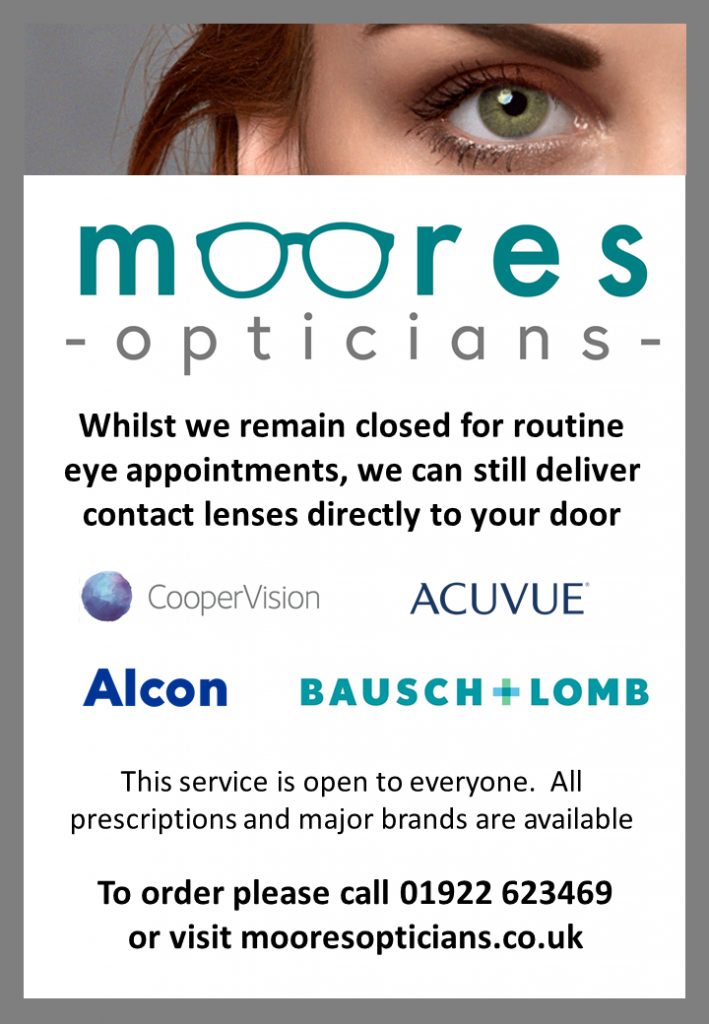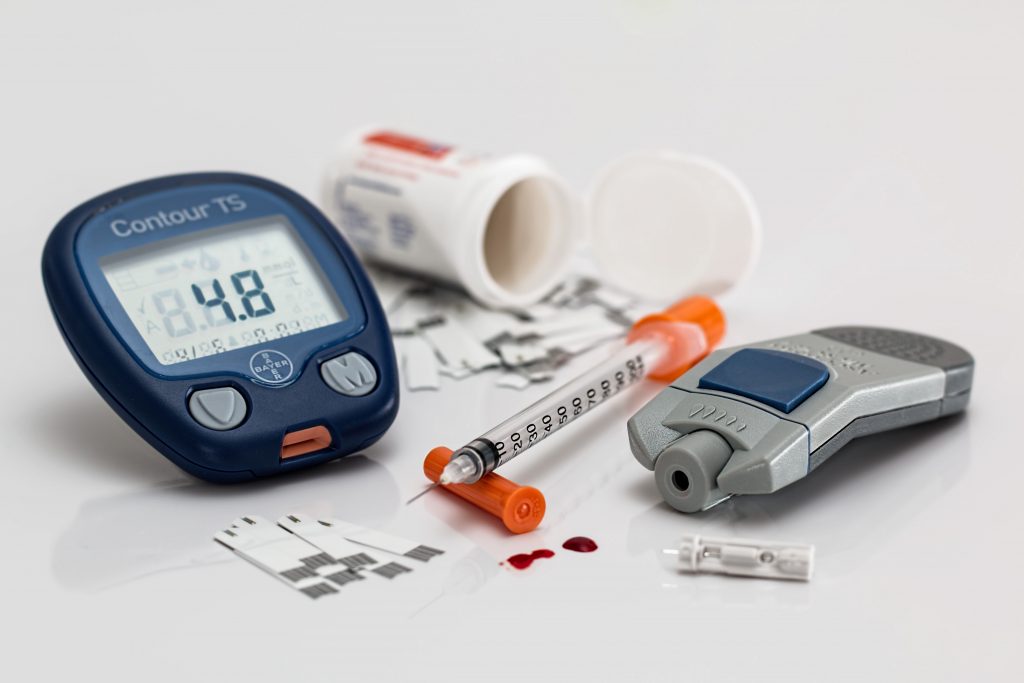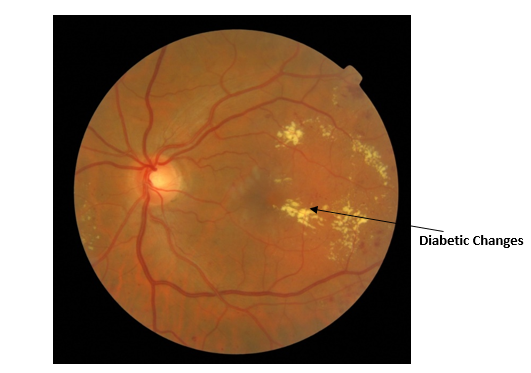Everyone thinks that carrots help with eye health,
but, in fact, they are of no more use to our eyes than any other
vegetable.
The myth started in World War II when the
Government famously responded to a temporary wartime oversupply of carrots by
suggesting that the RAF’s exceptional night-flying and target success was due
to eating plenty of carrots.
The ruse worked: consumption increased sharply
because people thought carrots might help them see in the blackout, thus taking
the pressure off other more scarce food supplies. I am sure many of us were all
told by our mothers growing up that carrots can ‘help improve your eyesight’
however this is merely a myth!
Spinach/Kale
What is actually good for your eyes are leafy green
vegetables such as SPINACH AND KALE.
These contain lutein and zeaxanthin, which help
protect against age-related macular degeneration (AMD) — the most common cause
of blindness in the UK.
In macular degeneration the centre part of the
vision is affected, the ability the ability
to read, drive a car, and even recognise familiar faces can be lost.
Since there’s no treatment for dry AMD, prevention could not be more essential.
Studies have shown that those groups of people
that had the highest consumption of spinach had an 86% lower chance of developing
AMD as compared to the study group that had the lowest spinach consumption. This
is because the more spinach you eat, the more lutein increases in the macula
area (this is the part of the eye where all our detailed vision is) helping to
reduce any damage that occurs over time.
It is advisable to have spinach/kale at least once a week. You can have it
cooked or uncooked with some studies suggesting that the bioavailability may be
increased if cooked (it gets
absorbed into the blood stream more easily).
Eggs
Eggs are a very useful source of both Lutein
and Zeaxanthin and because of the fat contained in eggs its bioavailability is
one of the highest meaning it gets absorbed easily into the blood stream.
See table below for other foods that contain Lutein
and Zeaxanthin.
|
Food
|
Lutein Trans (µg per 100 g)
|
Zeaxanthin Trans (µg per 100 g)
|
|
Asparagus, cooked
|
991
|
0
|
|
Spinach, raw
|
6603
|
0
|
|
Spinach, cooked
|
12,640
|
0
|
|
Kale, cooked
|
8884
|
0
|
|
Green beans, cooked
|
306
|
0
|
|
Orange pepper, raw
|
208
|
1665
|
|
Lettuce, romaine, raw
|
3824
|
0
|
|
Broccoli, cooked
|
772
|
0
|
|
Parsley, raw
|
4326
|
0
|
|
Corn, cooked
|
202
|
202
|
|
Pistachio nuts, raw
|
1405
|
0
|
|
Egg whole, cooked
|
237
|
216
|
|
Egg yolk, cooked
|
645
|
587
|
|
Egg whole, raw
|
288
|
279
|
|
Egg yolk, raw
|
787
|
762
|
So why not try a spinach cannaloni, spinach and
potato curry, or lamb and spinach curry this weekend? The creators of ‘Popeye’
certainly got one thing right, Spinach
is good for you!
Written by our Optometrist Shamina Asif BSc MCOptom
Moores Opticians – looking after the health of your eyes and offering free retinal photography with each eye test making it easier to monitor the health of your eyes over time.
References: Lutein and Zeaxanthin—Food Sources, Bioavailability and Dietary Variety in Age-Related Macular Degeneration Protection, Nutrients. 2017 Feb; 9(2): 120, Bronwyn Eisenhauer,1 Sharon Natoli,1 Gerald Liew,2 and Victoria M. Flood













